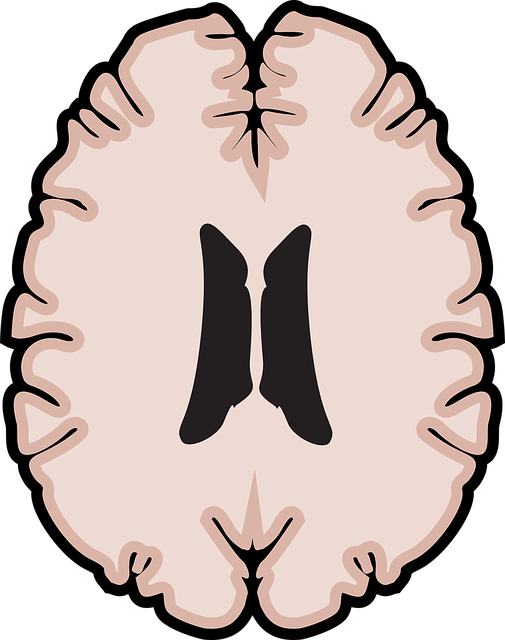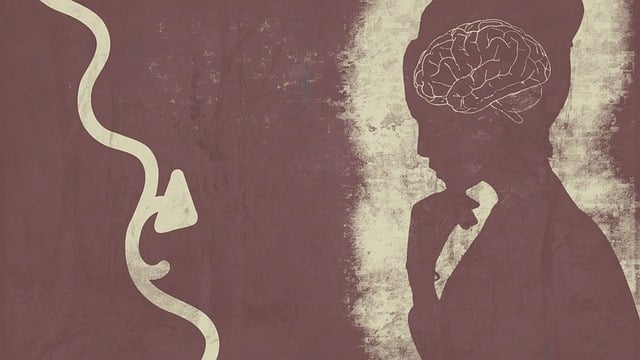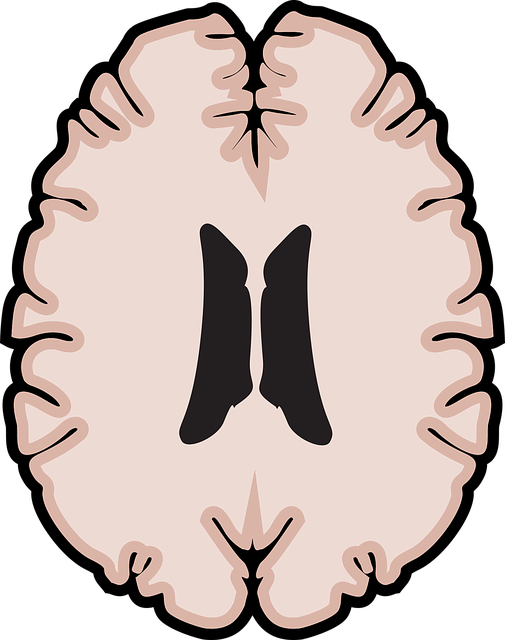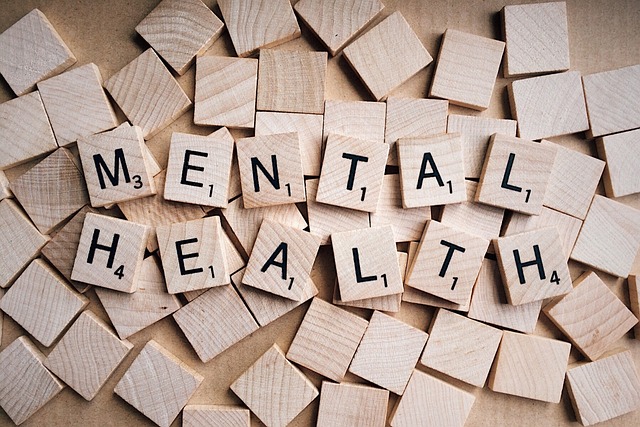The media's portrayal of mental illness significantly influences societal perceptions. Accurate depictions, achieved through initiatives like Boulder Mental Health Evaluations Therapy, can reduce stigma and encourage help-seeking behaviors. By presenting diverse stories with authentic characters, the media showcases the human experience behind mental illness, challenging norms and inspiring empathy. This approach aids in conflict resolution techniques and offers valuable insights into individuals' journeys of overcoming psychological challenges, transforming perceptions about mental health and fostering more nuanced conversations. Boulder Mental Health Evaluations Therapy plays a crucial role in reshaping public perception by offering tailored interventions that address specific mental health concerns and empower individuals with coping mechanisms.
In today’s media landscape, the representation of mental illness plays a pivotal role in shaping public perception. This article delves into the profound impact of media portrayals on understanding and addressing mental health challenges. We explore how current media often perpetuates stereotypes and misrepresents mental illnesses, contributing to stigma. Introducing Boulder Mental Health Evaluations, a revolutionary approach aimed at fostering accurate representation. Furthermore, we discuss therapy’s transformative power as a catalyst for positive change in media narratives, coupled with practical strategies to cultivate more realistic and beneficial mental health stories.
- Understanding the Impact of Media Portrayal on Mental Health Perception
- The Current State: How Media Often Misrepresents Mental Illnesses
- Boulder Mental Health Evaluations: A New Approach to Accurate Representation
- Therapy as a Catalyst for Positive Change in Media Depictions
- Strategies to Foster More Realistic and Helpful Mental Health Narratives
Understanding the Impact of Media Portrayal on Mental Health Perception

The media’s portrayal of mental illness significantly shapes societal perceptions and attitudes towards people struggling with their mental health. When depicted accurately, media stories can raise awareness, reduce stigma, and encourage individuals to seek help. Conversely, negative or stereotypical representations can perpetuate misconceptions, leading to further isolation and fear among those affected. This impact is profound, especially for individuals in Boulder seeking mental health evaluations and therapy. Accurate media coverage can provide a much-needed sense of understanding and support, fostering an environment conducive to inner strength development and resilience building.
Understanding the role of media as a powerful narrative tool is essential. By presenting diverse stories with authentic characters, the media can showcase the various faces of mental illness, emphasizing the human experience behind the condition. This approach not only helps in conflict resolution techniques but also inspires empathy among viewers, challenging societal norms and encouraging more nuanced conversations about mental health. Such representations can be transformative, offering valuable insights into the journeys of individuals overcoming challenges related to their psychological well-being.
The Current State: How Media Often Misrepresents Mental Illnesses

In today’s media landscape, the representation of mental illnesses often falls short of accuracy, leading to widespread misconceptions. The current state of portrayal typically reinforces stereotypes and amplifies stigma, hindering public understanding and support for those grappling with these conditions. Shows and movies frequently depict mental health struggles in a simplistic or exaggerated manner, using scenarios that are far from the complex reality of individuals seeking therapy and evaluations in Boulder, Colorado, or any other region. For instance, many media outlets resort to sensationalist plots involving extreme violence or sudden, drastic character transformations, failing to capture the subtle nuances and varying presentations of mental health disorders.
This misrepresented narrative has significant implications, as it can shape public opinion and influence how individuals with genuine mental health concerns are perceived. It’s crucial to address these inaccuracies to foster empathy-building strategies and advocate for more nuanced Mental Health Policy Analysis. By showcasing authentic stories and providing comprehensive Trauma Support Services, media platforms can contribute to a better understanding of the diverse spectrum of mental illnesses, encouraging open conversations and supporting those in need as they navigate their path to recovery through local therapy options.
Boulder Mental Health Evaluations: A New Approach to Accurate Representation

In recent years, the media’s portrayal of mental health has begun to evolve, thanks in part to innovative initiatives like Boulder Mental Health Evaluations. This new approach focuses on presenting more accurate and nuanced depictions of individuals navigating various mental health challenges. By integrating real-world practices into storytelling, media can better reflect the complexities of mental illness, fostering a deeper understanding among audiences.
Boulder Mental Health Evaluations therapy emphasizes cultural competency training for healthcare providers, conflict resolution techniques, and emotional intelligence – key elements in ensuring sensitive and effective representation. This comprehensive strategy not only improves the accuracy of media portrayals but also contributes to breaking down stigma associated with mental health issues, encouraging viewers to seek help when needed.
Therapy as a Catalyst for Positive Change in Media Depictions

In media depictions, therapy serves as a powerful catalyst for positive change, challenging stereotypes and promoting nuanced representations of mental illness. By showcasing individuals navigating therapy and embracing their mental wellness journeys, media can foster empathy and dispel myths surrounding mental health issues. This shift is particularly impactful in fostering an environment where people are encouraged to seek help without stigma.
Boulder Mental Health Evaluations Therapy, specifically tailored interventions, play a pivotal role in this transformation. These targeted approaches not only address specific mental health concerns but also empower individuals to develop confidence-boosting coping mechanisms. Moreover, integrating therapy into media narratives can inspire viewers to prioritize their own mental wellness, encouraging them to attend Stress Management Workshops Organization for personalized support and guidance.
Strategies to Foster More Realistic and Helpful Mental Health Narratives

To foster more realistic and helpful mental health narratives in media, several strategies can be implemented. One key approach involves Boulder Mental Health Evaluations and thorough character development. By involving experts in the field to advise on accurate representations, media creators can ensure characters’ struggles and recoveries are nuanced and authentic. This includes exploring a range of mental health conditions beyond common stereotypes, showcasing diverse recovery journeys, and avoiding simplistic or sensationalized portrayals.
Additionally, Mental Wellness Podcast Series Production can play a significant role in promoting empathy and understanding. Podcasts offer an intimate format to share personal stories, dispel myths, and provide practical insights into managing mental health. Incorporating real-life experiences and expert interviews not only educates listeners but also encourages open conversations about mental wellness. Moreover, Confidence Boosting narratives within media can be powerful tools when executed sensitively. Portraying characters who overcome challenges with resilience and self-acceptance can inspire hope and empower audiences dealing with similar struggles, ultimately contributing to a more supportive societal atmosphere.
In light of the above discussions, it’s clear that media plays a significant role in shaping public perception of mental health. The current misrepresentations can be challenged by adopting innovative approaches like the Boulder Mental Health Evaluations and incorporating therapy into narrative creation. By fostering more realistic and helpful mental health narratives, we can significantly enhance understanding and reduce stigma, ultimately promoting positive change in society’s attitude towards mental illness.














